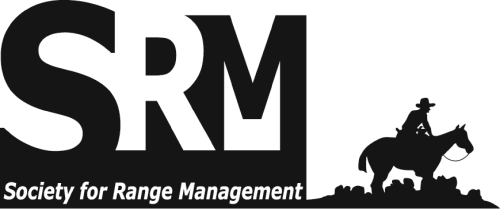The ecologically rich strategic location of savanna grasslands of Cameroon within Sub Saharan Africa, endows it with immense rangeland resources and fertile agropastoral landscape. Principally this study aims at portraying the ethnic diversity and related socioeconomic and cultural challenges towards securing sustainability and resilience in rangeland resource management among pastoralist and indigenous peoples tenure systems. Over time immemorial, rangelands and grazing activities such as transhumance have remained the major practice in the savanna grasslands of Cameroon as any part of in sub Saharan Africa. The evaluation of sociocultural, economic, environmental, and ecological challenges towards securing sustainability and resilience in rangeland resource management among pastoralist and indigenous peoples tenure systems are very significant on governance and decision-making processes. �We also look at the implications of transhumance on wetlands ecosystem and habitat following intensive and unsustainable seasonal pastoralism in a mixed farming area. Culturally, the indigenes have learnt and are fully involved in cattle rearing which was formally a Fulani ethnic group practice. The latter became sedentary and have also learnt to devote themselves to agriculture. And so, we can go a long way to suggest that securing pastoralism, land rights and building participatory approaches such as Community based management systems (CBMS) for sustainable rangeland management can be the way forward. In Cameroon, rangelands are considered as no man�s land and classified as state lands that are formally recognized as communal lands meant for all and to which different individuals, groups or communities attribute variable more or less appreciative perceptions. Pastoralism is dominated by open free ranging with uncontrolled movement with degradation continuously being noticed. Problems of tenure security and grazing rights are amongst the leading problems faced by pastoralists such as undefined boundaries, unsecure pastoral tenure, land grabbing, trespassing, land use conflicts (farmer-grazier conflicts), and recently challenges of weed management.

Oral presentation and poster titles, abstracts, and authors from the Society for Range Management (SRM) Annual Meetings and Tradeshows, from 2013 forward.